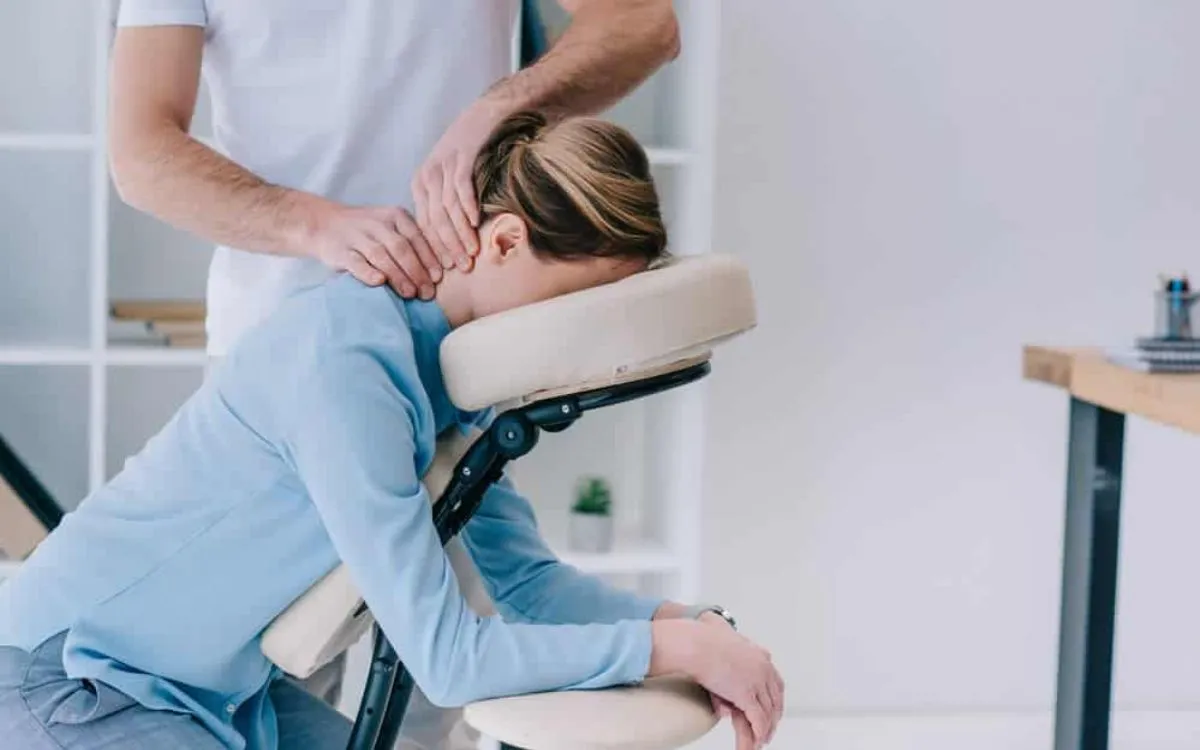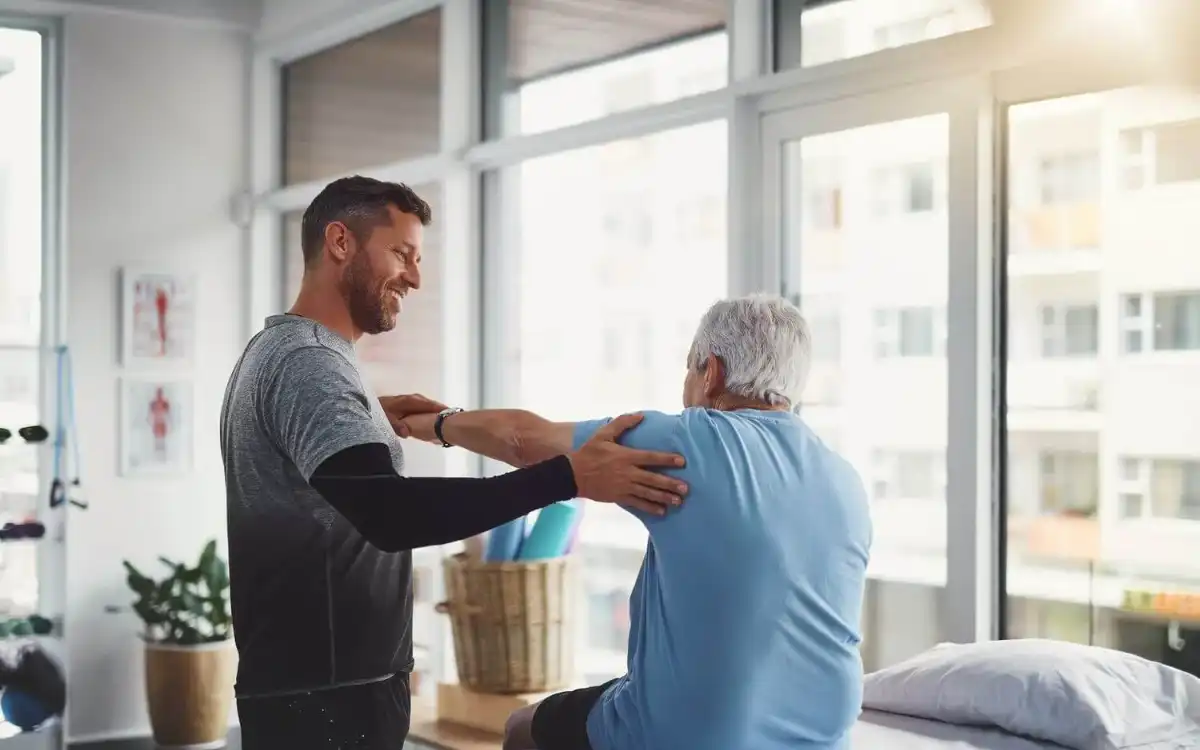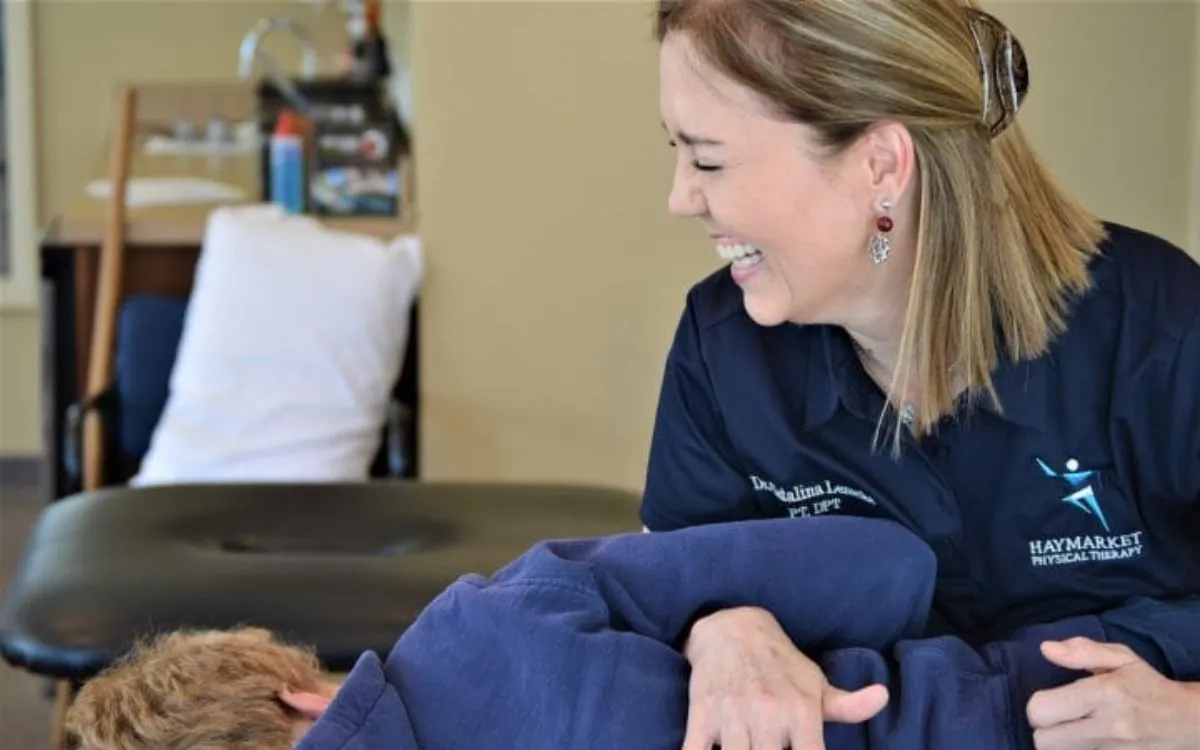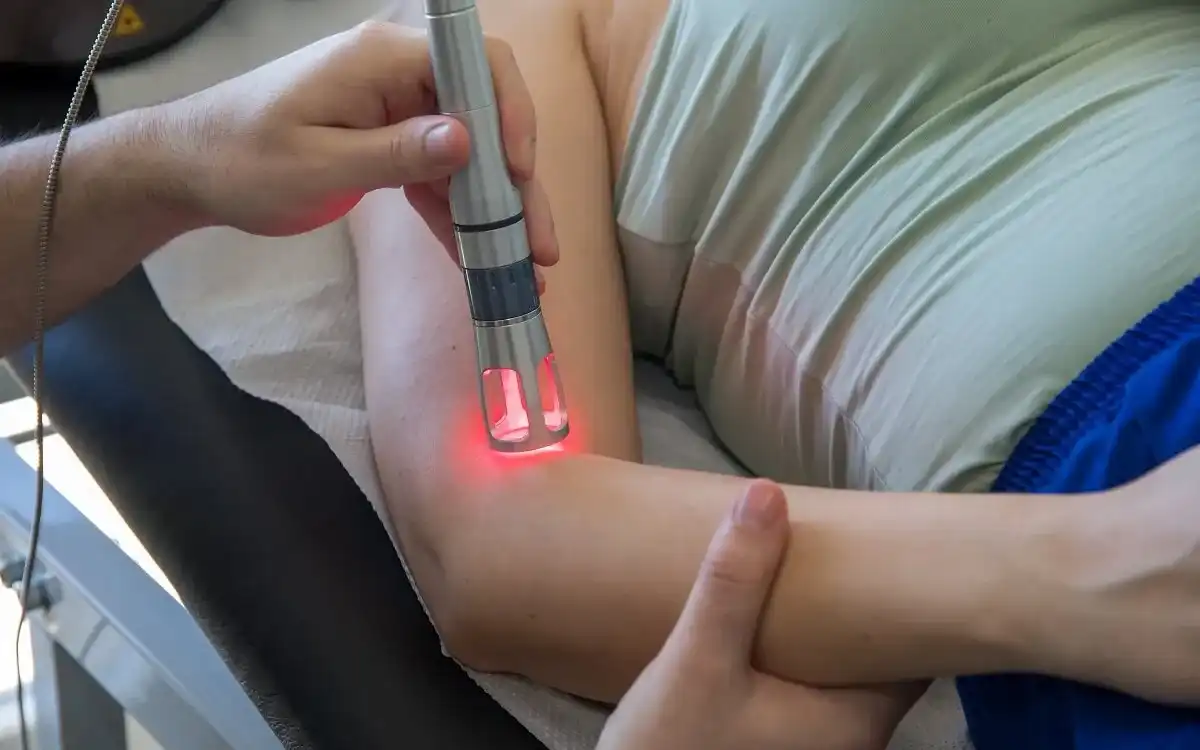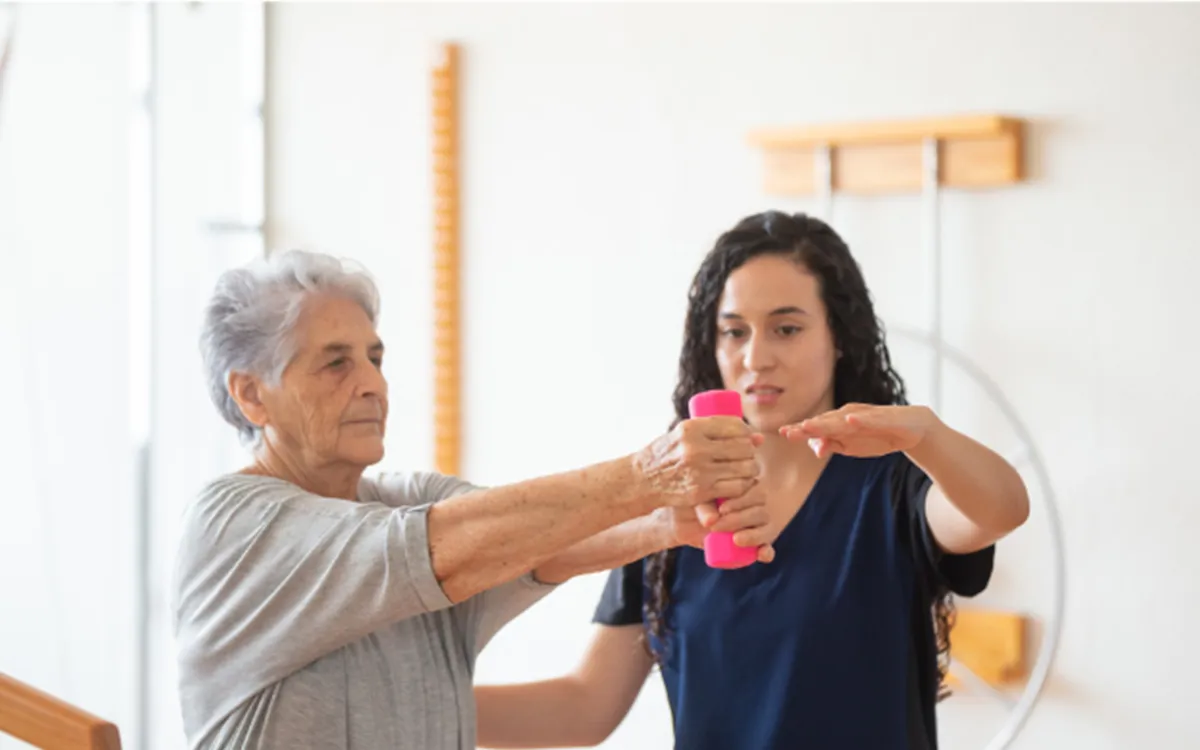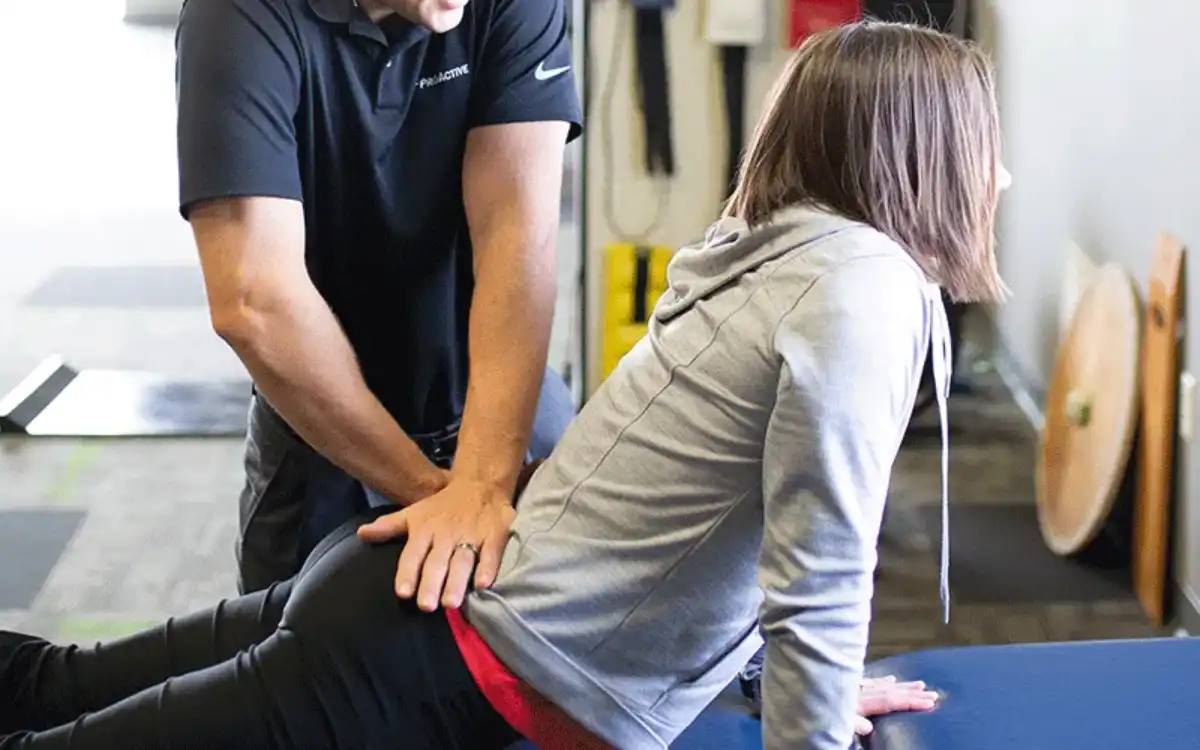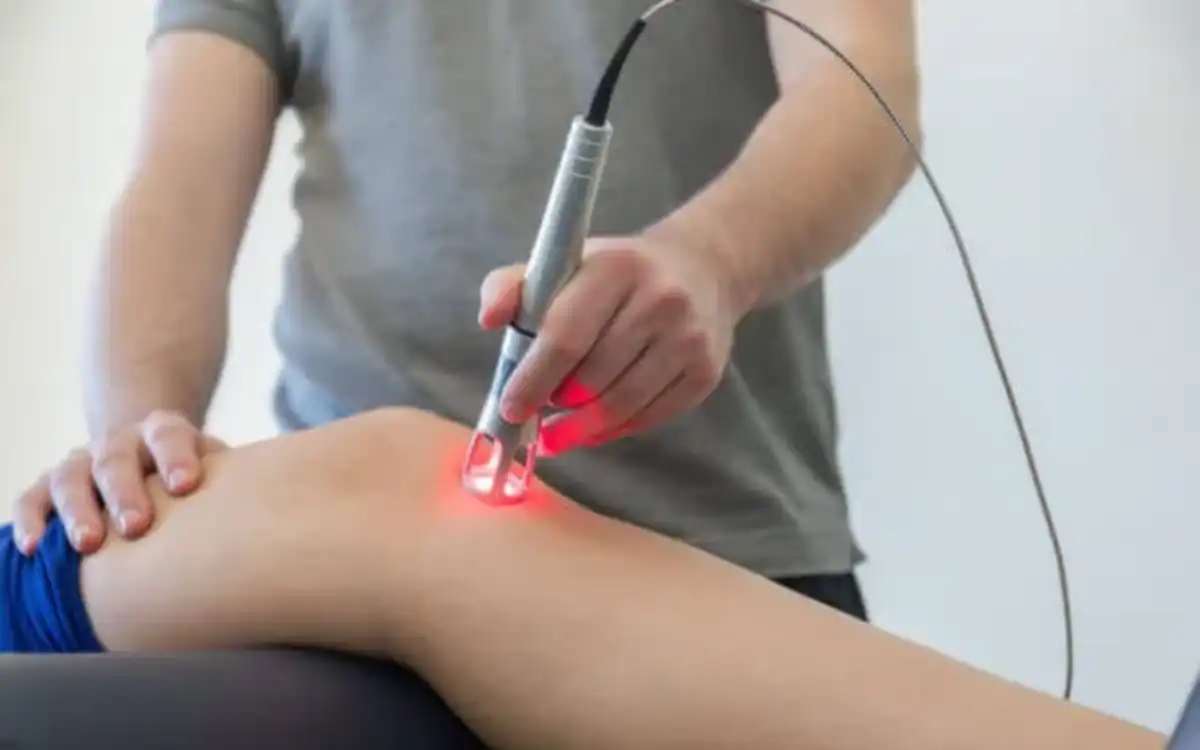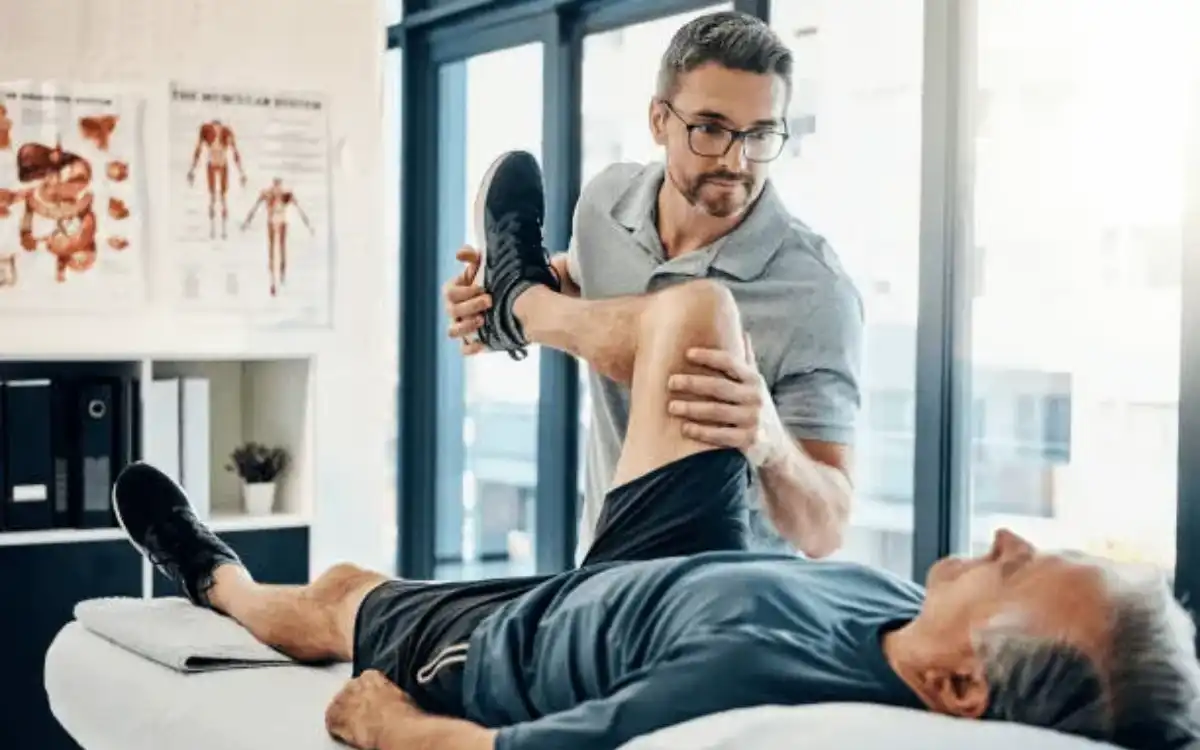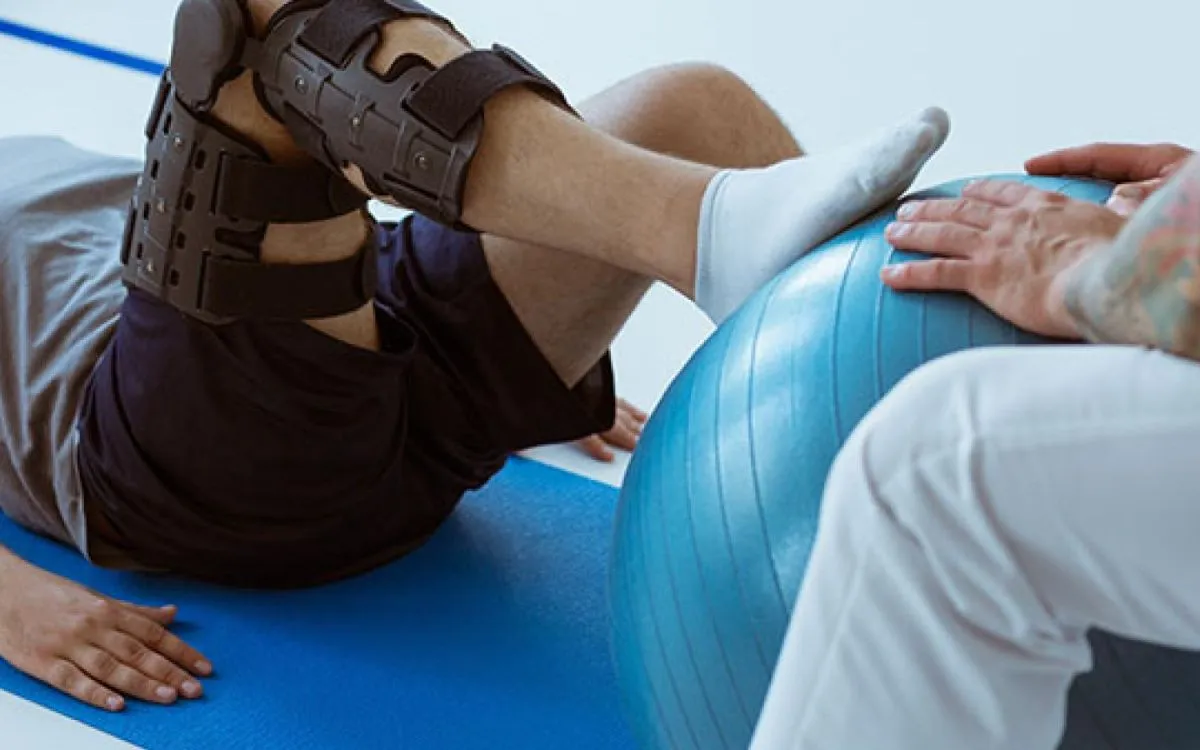OVERVIEW
Incontinence
Incontinence refers to the loss of bladder control or bowel control that results in involuntary leakage or feces.
A decrease in muscular support for the bladder and uterus, as well as weakness of the pelvic floor muscles, could be the reason. Disuse can cause muscles to be unable tighten the openings and keep them closed.
It is possible to call it incontinence of urine
- Stress (leakage through physical activity, coughing and sneezing, or laughing)
- Frequency or Urgency (involuntary bladder emptying when the feeling of urgency is felt)
Chronic constipation and trauma can lead to involuntary gas leakage.
A behavioral assessment of medication, food, and beverage consumption can help identify contributing factors.
The treatment often includes:
- Retraining bladder and bowel habits.
- Rehabilitation of the abdominal muscles
- Rehabilitation of the pelvic floor muscles (with or without electric stimulation).
- Biofeedback.

